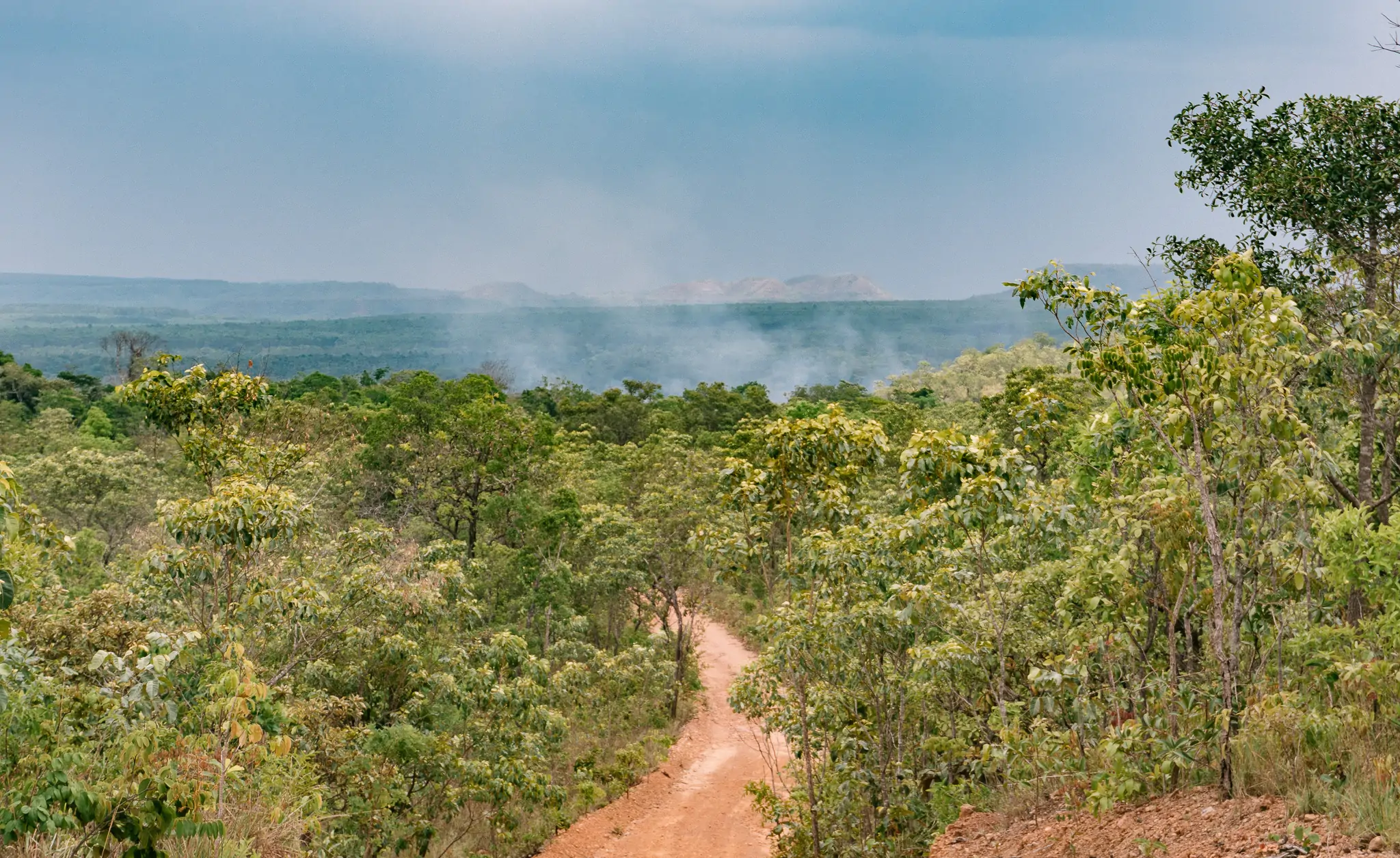Public policies and support from intergovernmental institutions are crucial to protecting the land rights of Indigenous Peoples and peasant communities in the face of the financialization of land and the expansion of industrial agriculture. However, governments and their institutions often play a contradictory role. They frequently pay “lip service” to prioritizing the land rights of vulnerable and marginalized groups while in policy and practice supporting the expansion of agribusiness at the permanent expense of these communities and peoples.
This report highlights the role of the World Bank, which has a continuing history of projects that serve the interests of global and national elites in the name of economic growth while undermining land rights and social equality of poorer and less powerful groups in spite of the recent adoption of safeguards. A case in point is the World Bank’s land titling programs from 1998-2015 in the north of Guatemala following the Guatemalan civil war. The genocide of the war was compounded by the Banks project, which resulted in the displacement and disappearance of numerous communities of Indigenous Peoples when families came under increased pressure to transfer their newly titled land to buyers for palm oil plantations, including threats of violence.4 This report on the case in the northeast of Brazil shows that organized communities can pressure the World Bank to do more to support their land rights. It also confirms that community land rights remain a low priority for the Bank, which continues to prefer privatizing land rights in ways that give easy access to big buyers.
Authors: Maria Luisa Mendonça and Doug Hertzler
Design and layout: Jenna Farineau
Editing and additional contributions: Gaurav Madan, Jeff Conant
Cover photo: Mariella Paulino/Rede Social
Photo: Bruno Spadotto/Rede Social
Date published: May 2022
